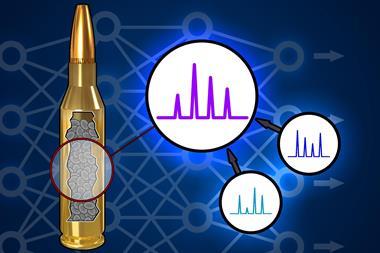A book written entirely by machine-learning algorithms has been published by Springer Nature. It discusses current research in lithium–ion batteries and is pulled from more than 150 research articles published between 2016 and 2018. The team responsible wanted the book to demonstrate the current abilities of machine learning algorithms, and to identify problem areas that need to be improved.
Lithium–ion batteries is an area of fast moving research, with many articles published each year. To help researchers keep up with recent advances without needing to sift through vast quantities of literature, Springer Nature wanted to produce a manuscript that summarised all of the research automatically.
The publisher worked with researchers from Goethe University Frankfurt to create Beta Writer, a program that uses a similarity-based clustering routine to group articles into related segments, or chapters. The algorithm was responsible for identifying relevant source articles from Springer Nature’s publications, arranging them into a topical order, and writing summaries for each.
To give an accurate representation of the abilities of current machine learning technology, the book has not been copy-edited. This both highlights the tremendous accomplishment of the algorithm – large passages of the book read well without any obvious mistakes – as well as some of the flaws. Sentences and paragraphs have crept in where the algorithm has generated sentences that falter or are grammatically incoherent. Page 166, for instance, features the sentence: ‘The presence of both crystalline stage and amorphous stage makes attempting to investigation the properties of polymer electrolytes correctly as multivalent cations are easier to deal with and cheap than widely used alkali metal salts.’
References
Beta Writer, Lithium-Ion Batteries: A Machine-Generated Summary of Current Research. Springer Nature, 2019.












No comments yet